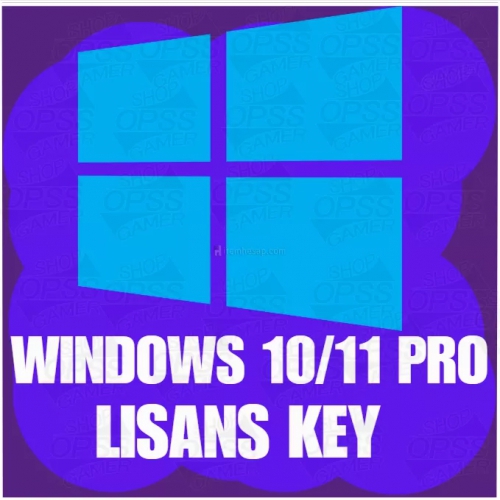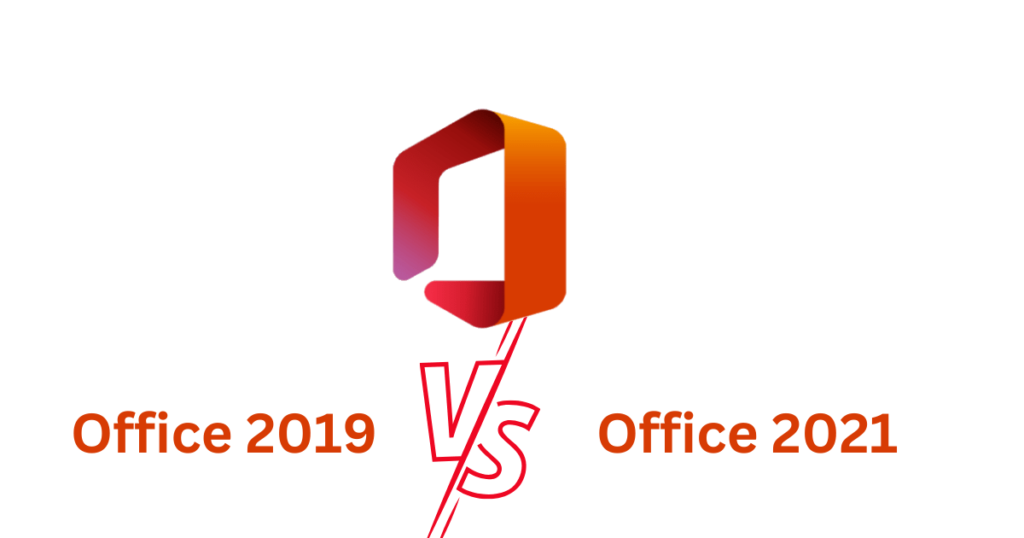It's essential to verify an authentic Certificate of Authenticity when purchasing Windows 10/11 Pro/Home activation or license keys. This will ensure you get a genuine product. The COA can be a physical certificate or a digital one that confirms the authenticity of your software. It is typically included with OEM licenses or retail licensing. Below are 10 essential points to keep in mind when working with COAs.
1. Learn What a COA Is
The Certificate of Authenticity (Certificate of Authenticity) is the label, sticker or other device that certifies the Windows product key. If it is a physical copies, a hologram is often added along with an alphanumeric, unique product key.
It's important to understand the COA's appearance in order to determine whether or not the key you purchased is legitimate. It is usually on the packaging or, with OEM versions of the key, on the computer.
2. Check for Anti-copyright and Holographic Features
Genuine COAs include anti-counterfeiting measures such as holographic inks, color shifting images and fine prints which are hard to reproduce.
Be sure to look for these security elements that are holographic that are made to assist you in identifying copyright COAs.
3. Verify the COA using Microsoft's Resources
Use Microsoft's resources to verify if the COA is authentic. Microsoft has provided guidelines on its site regarding how a genuine COA should be presented, and also examples of images.
Find out about these features to be aware of what to look for when buying an item.
4. Be wary of COAs that have no product key
A genuine COA for Windows always includes a unique product key. Beware of COAs with no the product's code or a key that is unclear or altered.
The key to the product must be clearly readable and presented in the official format.
5. Purchase from Authorized Microsoft Partners or Reputable Sellers
Buy only from Microsoft authorized partners and certified sellers, or reliable electronic retailers. They are more likely to provide an authentic COA along with the product's code.
Avoid buying from untrusted or third-party sources in which the authenticity of the COA cannot be guaranteed.
6. Digital Keys With No COA
If you're buying an electronic license or key it is recommended that the seller offer a digital COA or a proof of authenticity, especially if it's an OEM or retail key. When purchasing second-hand or refurbished computer equipment, this is important.
If no copy of the COA or proof of authenticity is provided If there is no proof of authenticity or COA, it could be a red flag.
7. Verify that the COA corresponds to the product
The information on the COA should be consistent with the Windows version that you have purchased (e.g. home, pro, 32-bit and 64-bit). Information that is inconsistent or not correct could indicate a fake.
The COA for OEM licenses should match the name of the brand as well as the model number of the previously installed device.
8. Avoid COAs That Appear Damaged or altered
If you are given a valid COA, make sure that it does not appear altered or damaged. Peeling or scratches could be signs that the COA was copied.
The key could have been used, or the COA damaged.
9. Some COAs aren't transferrable.
OEM versions are affixed to the original hardware. This means that they can't be transferred when you upgrade or replace your PC. You should know whether the COA you've got is for a specific device or if it is able to be transferred.
Retail licenses are usually the only ones with a COA. This lets you be more flexible if you want to change devices.
10. Keep a Copies of the COAs to be kept for Future Reference
You can keep a physical or digital duplicate of your COA and product key to use in the future. You can use this if you want to reactivate Windows or confirm the authenticity.
It is important to store it in a secure manner to avoid losing the key in the event of the COA being damaged or misplaced.
Other Tips
Check serial numbers: Many COAs contain serial numbers you can verify by contacting the seller or manufacturer.
Keep COAs on Original Hardware. For OEM licensing the COA must remain on the original hardware to keep its validity.
Keep receipts. You should keep receipts for each purchase of licenses including COAs. These are proof of the purchase.
By paying attention to COA specifics, confirming authenticity features, and purchasing from reputable vendors, you can ensure that you're buying a legitimate Windows 10/11 product key that is valid and secure for the duration of time. Read the most popular Windows 11 Home product key for site recommendations including windows 10 key, windows 11 buy, windows 11 pro license, license key windows 10, buy windows 10 pro key, Windows 11 Home, buy windows 11 home, buy windows 11 key, buy windows 11 pro, buy windows 10 product key and more.

Top 10 Tips On Licensing Type When Purchasing Microsoft Office Professional And 2019/2021/2024
When buying Microsoft Office Professional Plus 2019, 2021, or 2024, it's crucial to understand the different types of licenses that are available to ensure that you're getting the right type of license for your needs. Different types of licenses come with various terms, limitations, and support options. Here are 10 tips that can help you navigate between the different types of licenses.
1. The most commonly used types of licenses
Microsoft Office Professional Plus is available in a variety of licensing types which include Retail, OEM, and Volume Licensing. Each type comes with its own terms and conditions:
Retail: A single purchase that's typically tied to a single user. If required the license is transferred to a different device.
OEM: Not transferable and is only available on the device where it was installed. Often cheaper but less flexible.
Volume Licensing is ideal for business or educational institutions. It is a viable option to accommodate many users.
2. Retail licenses for flexibility
Retail licenses give you the most flexibility. This license allows you install Office to your device. It also lets you transfer the licensing when you replace or upgrade your PC. This is the best choice for users who want to upgrade hardware or change devices over time.
3. OEM licenses at lower cost
OEM licenses tend to be less expensive but tied to a specific device and cannot be transferred. They're designed for computers which come pre-installed Office by the maker. OEM licensing can save money on custom computers, but may restrict the flexibility of your computer.
4. Understanding Volume Licensing
Volume licensing is a solution for schools, businesses, and government agencies. This may be your most economical option if you're purchasing Office for many devices or users. There are other advantages in addition, like central administration, deployment that's simpler, and discounts for large quantities.
5. Single and. Multiple Device Licenses
Retail licenses often include installation on a couple of devices (e.g., desktop and laptop), while Volume Licenses will cover hundreds or thousands of devices, based upon the terms of the agreement. Make sure that you are aware of how many devices the license covers prior to buying.
6. Examine the possibility of transferring your license
Licenses for retail generally can be moved between devices, in the event that they're deactivated from the previous license. OEM licenses however are bound to the particular device on which it was purchased and can't be moved. If you are planning to switch computers often this is a significant element to think about.
7. Consider the issue of User Licenses vs. Device Licenses
Certain licenses only apply to specific users, while others are applied to specific devices. If you're looking to buy Office for one user who is able to access Office from several devices, search for licenses dependent on the user. These include subscriptions for Microsoft 365 or Volume Licensing.
8. Review Support and Updates
Licenses for retail and Volume Licenses generally come with all-inclusive support and regular updates from Microsoft. OEM licenses may have limited or no support. They could not be eligible for regular updates when the device they're connected to ceases support by its manufacturer.
9. Understanding Upgrade Licensing
Volume Licensing or Retail Licenses could allow you to upgrade Office at a reduced cost or via the Microsoft Software Assurance (for Volume Licensing).
OEM licenses don't typically offer upgrade rights. If you want to upgrade Office it is possible that you will need a different license.
10. Review the terms of the License Agreement
Microsoft offers a license agreement with Office Professional Plus. Before purchasing any version, be sure you read the. The agreement for licenses will detail any restrictions, rules regarding transfer, as well as rights for use across different devices or for specific uses. Be aware of the rules to prevent you from being surprised by unexpected limitations.
The final sentence of the article is:
The right Microsoft Office Professional Plus license will depend on the needs of your organization, business or personal. Knowing the distinctions between Retail Licensing, OEM Licensing, and Volume Licensing can help you make an informed decision dependent on price as well as flexibility and support, scalability as well as other elements. Make sure you read the license terms to ensure that you're purchasing the correct version that is appropriate for your needs. Take a look at the recommended Office 2021 key for website info including Ms office 2021 pro plus, Microsoft office 2024, Microsoft office 2021 professional plus, Microsoft office 2019, Microsoft office 2021 professional plus, buy microsoft office 2021, Office 2019 professional plus, Microsoft office professional plus 2021, Ms office 2024, Microsoft office 2021 lifetime license and more.
